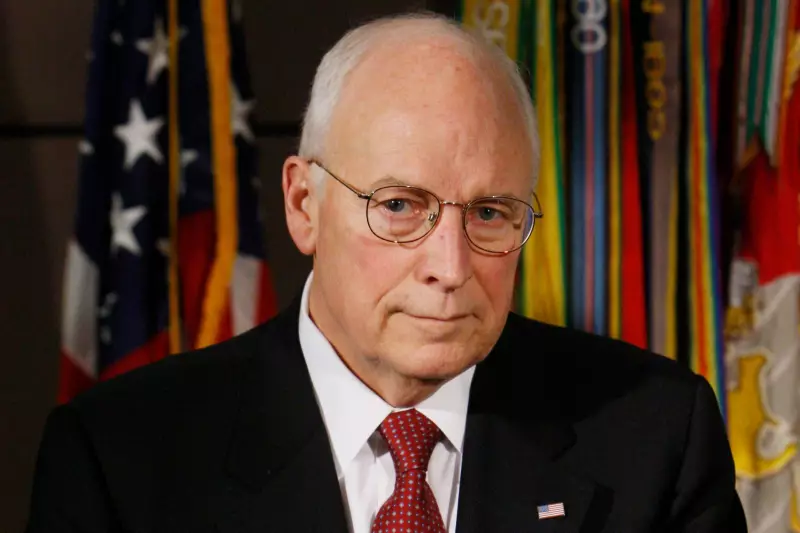
The American political landscape has lost one of its most formidable figures. Dick Cheney, who served as the 46th vice president of the United States under George W. Bush and became one of the most powerful and controversial Number Twos in history, has died. He was 93.
His death was confirmed by his family through a statement, marking the end of an era for a man whose influence stretched across decades of Republican politics.
The Architect of a New American Era
Cheney's tenure as vice president from 2001 to 2009 was defined by the seismic events of September 11, 2001. In the aftermath of the attacks, he became the chief architect of America's aggressive response, advocating for policies that would reshape national security and foreign policy.
His legacy is built on several pivotal, and often debated, pillars:
- The War on Terror: A staunch proponent of military action, Cheney was a key driver behind the 2001 invasion of Afghanistan and the 2003 invasion of Iraq.
- Enhanced Interrogation: He publicly defended the use of so-called "enhanced interrogation techniques" on terror suspects, a practice widely condemned as torture by human rights organizations.
- Domestic Surveillance: Cheney was a forceful advocate for expanded surveillance powers for the National Security Agency (NSA), arguing they were essential for preventing another attack.
A Career of Power and Influence
Long before his vice presidency, Cheney was a Washington insider of significant clout. His resume was a testament to his deep involvement in the machinery of government:
- White House Chief of Staff under President Gerald Ford at the age of 34.
- Congressman representing Wyoming for six terms.
- Secretary of Defense under President George H.W. Bush, where he oversaw the Pentagon during Operation Desert Storm.
After his time in the Defense Department, he served as CEO of Halliburton Co., a giant in the oilfield services sector, further intertwining his career with the energy and defense industries.
A Complex and Polarizing Figure
To his supporters, Dick Cheney was a steadfast patriot and a clear-eyed realist who took necessary, if difficult, actions to protect the United States in a time of unprecedented threat. They credit him with keeping the country safe after 9/11.
To his critics, he was a dark and manipulative force who oversaw policies that eroded civil liberties, tarnished America's international reputation, and led the nation into lengthy, costly wars based on flawed intelligence.
His own health was a constant feature of his public life. He suffered multiple heart attacks, receiving a heart transplant in 2012 that extended his life for over a decade.
Dick Cheney's passing closes a significant chapter in modern American history. Love him or loathe him, his impact on the nation's political direction and its role in the world remains profound and deeply consequential, ensuring his legacy will be debated for generations to come.





